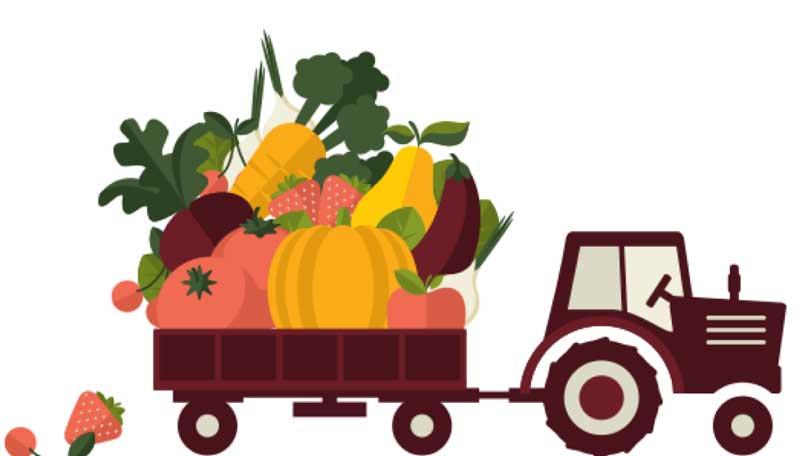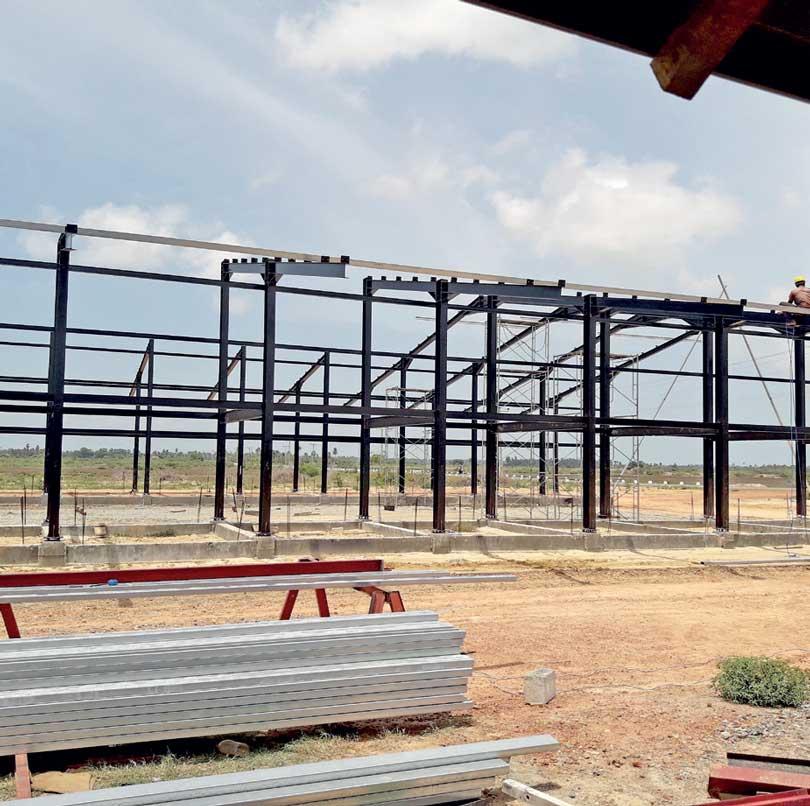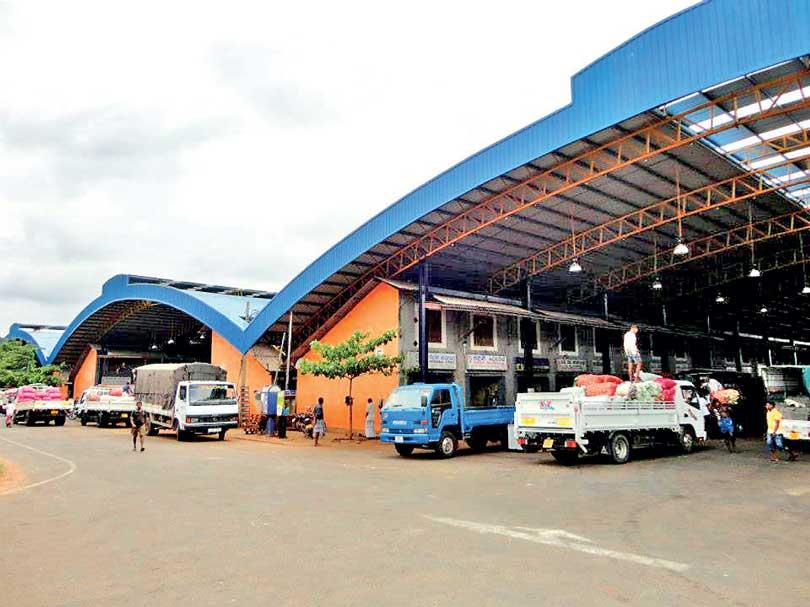06 Aug 2019 - {{hitsCtrl.values.hits}}


Construction work underway to build a new Economic Centre in Madduvil, Jaffna
 A silent revolution is now under way in the marketing of agricultural products in the Jaffna District. The system is designed to prevent the merciless exploitation of farmers and consumers by middlemen and brokers, who recklessly rob the farmers misusing their vulnerability.
A silent revolution is now under way in the marketing of agricultural products in the Jaffna District. The system is designed to prevent the merciless exploitation of farmers and consumers by middlemen and brokers, who recklessly rob the farmers misusing their vulnerability.
Jaffna farmers are largely small scale farmers, who are cash starved and therefore depend on borrowed money to buy their agricultural inputs. Soon after harvesting the farmers are forced to take their produce to the market to sell at very low prices to the brokers, or middlemen, in order to realize their desperately needed cash to repay their loans and avoid accumulating interest on their loans, which is exorbitant.
Current System
The farmers are trapped by the middlemen. For example, the broker buys one item of vegetable from the farmer at Rs.50 per kg and within a matter of minutes sells it to retailers at Rs.120 per kg. The farmer is agonized by this daylight robbery, but is helpless. In addition the farmer is also forced to pay weighing charges and 10% wastage to the broker. Some brokers do a rounding down of the weight as well. If the weight is 56 kg, it will be rounded down to 50 kg. The retailer then sells the same item at say Rs.140 per kg. So the consumer gets robbed to the tune of Rs.90 per kg. The producers and consumers are alienated and disconnected from each other by the intervention of the middlemen.
The retailers, who are also cash starved, borrow from mobile money lenders operating at the marketplace to purchase fruits and vegetables from brokers at very high interest rates. They borrow Rs.1,000 in the morning and pay Rs.1,200 at the end of the day. They pay an astronomical annual interest rate of 7300%. This is called “meter interest”. The plunder is not visible when calculated daily, and is designed to mislead people. But in reality the lender charges an interest of Rs.200 per day for every Rs.1,000. This equals Rs.20 per Rs.100 a day. When multiplied by the 365 days of the year this amounts to a staggering annual interest rate of 7300%. This is a trick adopted unscrupulously by the micro credit mafia as well. So brokers and money lenders produce nothing, but control everything and amass wealth. The victims are the farmers, consumers and the retailers. At present, the market only benefits the racketeers namely the brokers and money lenders.
New System
But there will be no room for brokers and money lenders under the marketing system that is now being introduced in the Jaffna District. The new system works as follows. An Economic Centre(EC) similar to the one at Dambulla is now being constructed in Madduvil, Jaffna. All around this EC for each cluster
of farming villages a Collection Centre (CC) is being established. Altogether 10 CCs and 5 Sub-CCs, to cover the whole of Jaffna District, are being established.
Farmers will bring their products direct to the CC’s where their products will be washed if necessary, weighed and receipted. They will be divided into Grade 1 and Grade 2 and packed in ventillated baskets and stacked for damage-free transportation to the EC in lorries. At this EC local wholesales will take place and all surplus produce will be taken to Dambulla for marketing nationally as well as for exporting. At each CC the previous day’s prices per kg in Dambulla and other local markets for various fruit and vegetables will be displayed so that farmers are able to know roughly what prices they can expect for their products today. So the marketing process is honest, open and transparent. There is no room for exploitation that is rampant under the existing marketing system. Farmers will be part paid on the day of their delivery and the balance will be paid the following day.
Most of the CCs are established on land and buildings belonging to Multi Purpose Co-operative Societies (MPCS), who will probably manage these CCs and also transport the products to the EC and possibly from there to Dambulla also. The EC will be managed by the DS/GA. Management of the EC and the CCs are yet to be decided through discussions with all the stakeholders.
Bigger Picture
Let us look at the bigger picture. Sri Lanka is essentially an agricultural country. Therefore agriculture must be managed efficiently at all stages of production and marketing. If there is success in what is happening in the Jaffna District it will show the way forward for the whole country. We can extend it to all districts in Sri Lanka with appropriate variations to suit specific local conditions in each district.
If farmers prosper they will be encouraged to produce more using modern methods of farming such as climate smart agriculture. We can then reduce agricultural imports and increase agricultural exports and save valuable foreign exchange, which can be used for the industrialization of Sri Lanka. The GDP contribution from farming, which is now low, will increase rapidly. We can begin the process of escaping from our dependence on donor countries and our economic vulnerability.
We can ensure food security for all Sri Lankans. By reducing consumer prices considerably we can make essential food items affordable and eliminate the horror of poverty and children going to school with empty stomachs. At present one million children in Sri Lanka go to school with empty stomachs according to research done by the Colombo Medical Faculty. This can be classed as a sustainable, low investment, high social and economic value, innovative and long overdue undertaking.
The writer is an engineer committed to building more democratic forms of participation to ensure that all people in Sri Lanka can determine their social, economic and political outcomes instead of following the entrenched top down approach.

The Dambulla Economic Centre
26 Oct 2024 34 minute ago
25 Oct 2024 8 hours ago
25 Oct 2024 25 Oct 2024
25 Oct 2024 25 Oct 2024
25 Oct 2024 25 Oct 2024